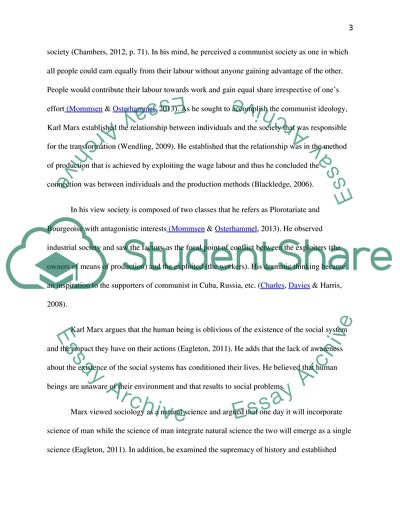Cite this document
(Karl Marx and Max Weber Contributions to Development of Social Thought Essay, n.d.)
Karl Marx and Max Weber Contributions to Development of Social Thought Essay. https://studentshare.org/sociology/1847047-for-karl-marx-and-max-weber-outline-their-key-ideas-and-assess-the-extent-to-which-their-work-has-contributed-to-the-development-of-social-thought
Karl Marx and Max Weber Contributions to Development of Social Thought Essay. https://studentshare.org/sociology/1847047-for-karl-marx-and-max-weber-outline-their-key-ideas-and-assess-the-extent-to-which-their-work-has-contributed-to-the-development-of-social-thought
(Karl Marx and Max Weber Contributions to Development of Social Thought Essay)
Karl Marx and Max Weber Contributions to Development of Social Thought Essay. https://studentshare.org/sociology/1847047-for-karl-marx-and-max-weber-outline-their-key-ideas-and-assess-the-extent-to-which-their-work-has-contributed-to-the-development-of-social-thought.
Karl Marx and Max Weber Contributions to Development of Social Thought Essay. https://studentshare.org/sociology/1847047-for-karl-marx-and-max-weber-outline-their-key-ideas-and-assess-the-extent-to-which-their-work-has-contributed-to-the-development-of-social-thought.
“Karl Marx and Max Weber Contributions to Development of Social Thought Essay”. https://studentshare.org/sociology/1847047-for-karl-marx-and-max-weber-outline-their-key-ideas-and-assess-the-extent-to-which-their-work-has-contributed-to-the-development-of-social-thought.


